
Summer is both an exciting and terrifying season for new parents. Mosquitoes and bugs are all around and they just don’t know what to do to prevent insect bites and irritation to a babys delicate skin.
There are definitely some things and preparations that won’t work. Avoid wristbands soaked with chemical insect repellents, these products could provoke local irritation or some more serious reactions. Tablets containing vitamin B1 or garlic are also not useful. Bird and bat houses and different devices which should annoy and scare insects just don’t work.
Caution Measures
When using insect repellents always be very careful. Avoid spraying repellents inside or near a childs food, and especially be careful not to spray near their mouth, eyes or parts of the skin that are irritated. If you decide to use DEET or some other products on the baby, apply them on the skin or on the clothes. Spray the product on your hands and then rub it on your child’s skin. Once you get inside, wash the sprayed areas of the body and remove and wash treated clothes.
Most insect repellents can be used on babies over two months, but it is not considered safe to use any on children younger than that.
Useful Products
Several substances can be found in insect repellents for babies. Many repellents products contain: essential oils, permethrin, picaridin or DEET.
Essential plant oils, especially those derived from soybean, eucalyptus, citronella or cedar can be useful against insects. In most cases, your child will be protected for a few hours and then you need to apply the product again, in order to keep insects away.
DEET products can be used on children, but it is recommended to use it in concentration less than 30%, and not for babies under two months. These products are almost certain to keep insects away and the protection is usually long-lasting. 10% DEET products are considered to be the safest for babies, and they will protect your child for at least 2 hours.
Another product used instead is picaridin, which lasts and protects children almost as good as DEET.


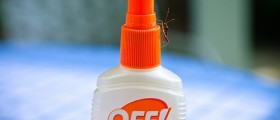
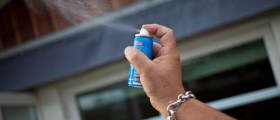

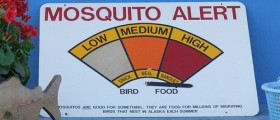
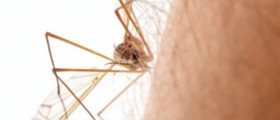
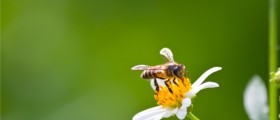
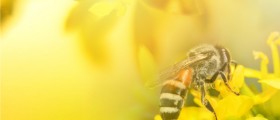

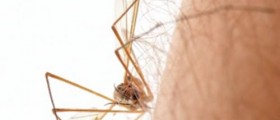

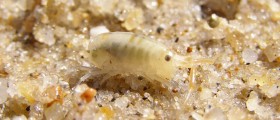
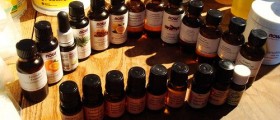



Your thoughts on this
Loading...